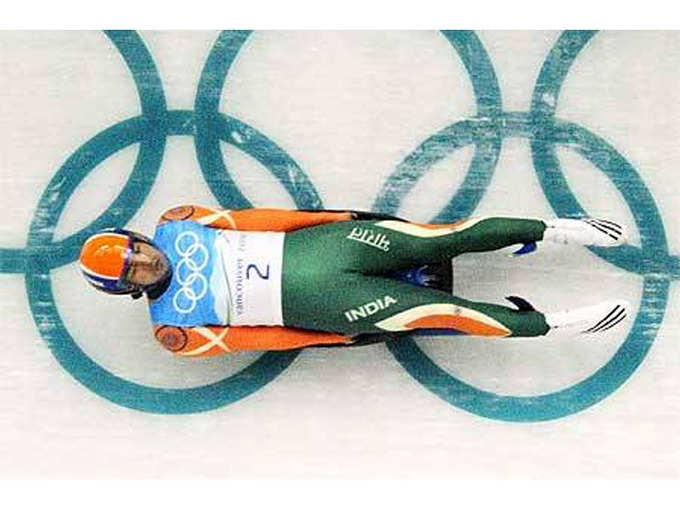 Indians are letting out a deep sigh of relief. But the embarrassment won’t fade for a long time. The country, after being barred from participating in the Winter Olympics 2014, has been finally allowed to participate at
Indians are letting out a deep sigh of relief. But the embarrassment won’t fade for a long time. The country, after being barred from participating in the Winter Olympics 2014, has been finally allowed to participate at The
A country with steadily increasing population, which is already considered a super power in IT and is towards evolving into an economic super power by mid-21st century, has completely misplaced its priorities when it comes to
It must be extremely painful for the sports-loving youth of India to realise that they can do nothing to change the system, at least for now. Even though the country’s political situation demands more participation from the youth to usher in positive changes, times, they are not a-changing right now, at least not in sports. Hence, India had to face the ignominy of watching just three men representing a country of 1.25 billion and even then, under the IOC flag. The world’s second most populous country will probably remember this for many generations to come.
India was banned from participating in the current Winter Olympics in Sochi when the country failed to follow the Olympic charter and its statutes, and also owing to the fact that IOC was not informed at regular intervals about the course of events regarding selection procedure and other related matters. IOC came up with the ban after a meeting in Lausanne, Switzerland, in December 2012.
However, the Indian side continued to be in denial and hoped that their way of holding the election process and approvals would be accepted by the IOC and their sportspersons, who were selected through routine process specified by the government, would be allowed to participate.
In fact,
When the Indian media got in touch with Indian luger Shiva Keshavan, one of the three participants at the Winter Olympics at Sochi, he sounded anything but enthusiastic about making it to the prestigious event. True to the spirit of any sports person, Shiva reportedly didn’t want to participate in the
Today, the country requires committed individuals, preferably those who have actually taken part in these events and know how things work, in order to ensure transparency and accountability – so that Indians don’t have to feel miserable like they did at Sochi.
Demand for those measures rose when India was barred from the Olympic sports from 2012. However, with the country revolving around politics and short-time gains, any emphasis on sports and related matters does not seem viable right now.
But a country of India’s magnitude also needs to get its priorities right with sports. Making it part of the school curriculum with more gusto will definitely help potential champions. But what’s imperative is the need for policy makers, officials and politicians with long-term vision and commitment.
The dichotomy of the country lies in the very fact that it has hockey as its national game while the country’s youth may not even think twice before laying down their lives for cricket, which has almost become a religion of sorts.
Since that is the reality, small-time achievements from sports stars, who have mostly made it through corporate sponsorships and self-finance (quite a daunting effort for any cash-strapped Indian family), will not attract young men and women to sports.
For the Indian Tiranga to flutter with pride at future events, India needs a complete overhaul of its sports policies and agencies that monitor the process. And it has to be done on the home turf, in a more effective manner, instead of negotiating terms with international agencies and facing embarrassment.